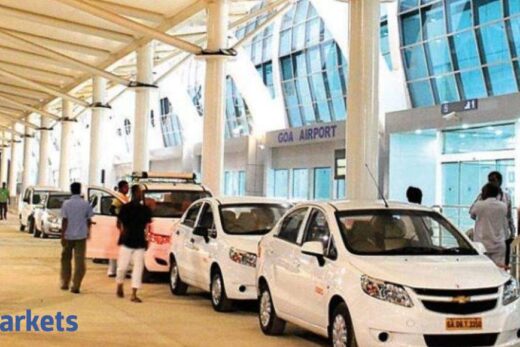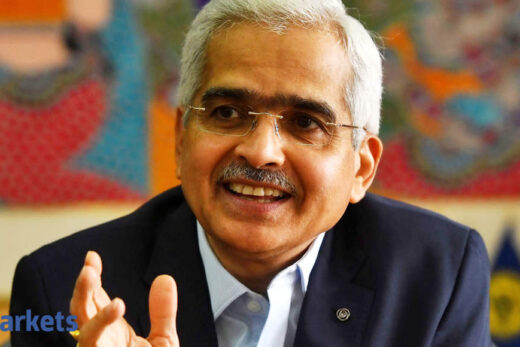Ms Sitharaman had an equally simple task for this budget – spend a lot of money and just borrow what’s needed. In terms of overall direction, this must have been the simplest budget in years. For the first time in living memory, there was hardly any need for a fiscal high-wire act. The revised fiscal deficit estimate is 9.5% for 2020-21.
That’s a number that would have had most analysts splutter and foam in the mouth a year ago. And yet, in the first few hours after the budget, I did not hear even a single comment about it.
Essentially, the government has got a two- to three-year free pass on the deficit and can borrow and spend liberally. The economic cost of fiscal deficits will have to be paid but as the last few months have taught us, there are no perfect solutions, only trade-offs. At this point, the trade-off that the FM has chosen is the obvious, practical one.
What happens now is just the beginning. The budget just provides the money and sets the task for all the other parts of the government to execute the actions. Once, that would have been a big question mark, but given the all-round improvement in execution in India, this could well be an opportunity that gets realised.
Apart from a couple of small adjustments, nothing has changed in the realm of savings, investments and related areas. One interesting change is in ULIPs.
As most knowledgeable savers have known, ULIPs are expensive, opaque and poorly performing investment products disguised as insurance to benefit from the tax advantage allowed for genuine insurance products. In this year’s budget, the finance ministry has seen through this fakery. The exemption is now limited to Rs 2.5 lakh per annum across all ULIPs a person may invest in. That’s still Rs 2.5 lakh too much but this is at least some improvement.
Additionally, upon redemption of a ULIP, it will be treated in the same way as an equity mutual fund. This means the tax laws are now less skewed against competing investment products like mutual funds.
All things considered, the virus is a crisis that can be turned into an opportunity in many areas. The budget shows that the government recognises that this is the best course to take. Will it work out? I think it will.
(The author is CEO, Value Research)




